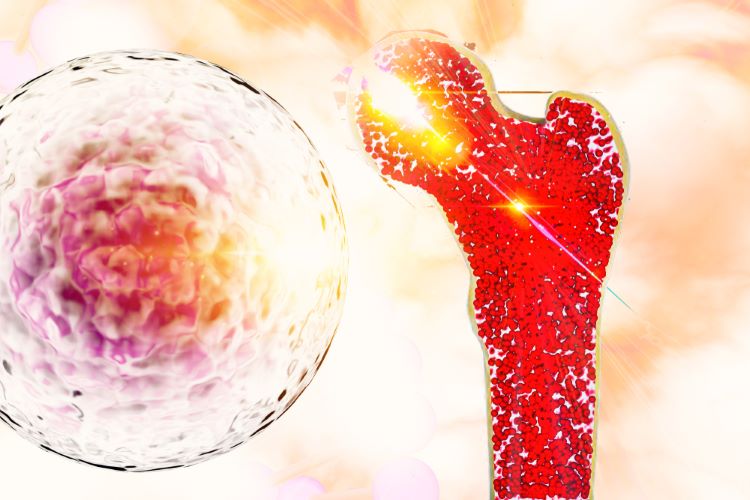European Commission grants first-of-a-kind biosimilar approval
Posted: 22 May 2024 | Catherine Eckford (European Pharmaceutical Review) | No comments yet
The approval means Sandoz’s Wyost® and Jubbonti® are the first biosimilars of denosumab authorised in Europe.


The European Commission (EC) has approved the first and only biosimilar versions of the reference medicines Xgeva® and Prolia® in Europe. Sandoz shared that Wyost® (denosumab) is approved for treating cancer-related bone disease. Jubbonti® (denosumab) is authorised as an osteoporosis treatment.
The decision by the EC “is a major step in advancing the Sandoz growth strategy”, the company asserted.
In March, the Medicines and Healthcare products Regulatory Agency (MHRA) approved a new formulation for Xgeva (denosumab) via the agency’s new International Recognition Procedure (IRP).
Significance of the authorisation
The approval of the first European denosumab biosimilars is a crucial recognition of the need for increased access to these potentially life-changing medicines”
“Primary and secondary bone loss, as well as cancer-related bone events, represent an immense disease burden for patients, the economy and society as a whole. The approval of the first European denosumab biosimilars is a crucial recognition of the need for increased access to these potentially life-changing medicines and demonstrates our continued commitment to delivering more sustainable treatment options for patients, in Europe and beyond,” Claire D’Abreu-Hayling, Sandoz Chief Scientific Officer commented.
About the denosumab biosimilars
Wyost and Jubbonti both contain the same active ingredient (denosumab), a human monoclonal antibody. IgG2 targets and binds with high affinity and specificity to RANKL, according to Sandoz.
Overall, due to the ability of denosumab to inhibit osteoclast formation, function and survival, the medicine can reduce bone resorption in cortical and trabecular bone, the company confirmed.
One of the main indications that Wyost is approved for in Europe is to prevent skeletal related events in adults with advanced malignancies involving bone.
On the other hand, Jubbonti is indicated in the same region to treat osteoporosis in postmenopausal women as well as men who have a higher risk of fractures. This medicine is also authorised as a treatment for bone loss associated with hormone ablation in males diagnosed with prostate cancer, who have a greater risk of fractures.
Sandoz stated that it anticipates the biosimilars to launch in Europe from November 2025 at the earliest.
Related topics
Big Pharma, Biologics, Biopharmaceuticals, Clinical Development, Drug Development, Drug Markets, Drug Safety, Industry Insight, Regulation & Legislation, Therapeutics
Related organisations
Related drugs
biologic, Biosimilars, Denosumab, Jubbonti® (denosumab-bddz), Prolia (denosumab), Wyost® (denosumab-bddz), Xgeva









